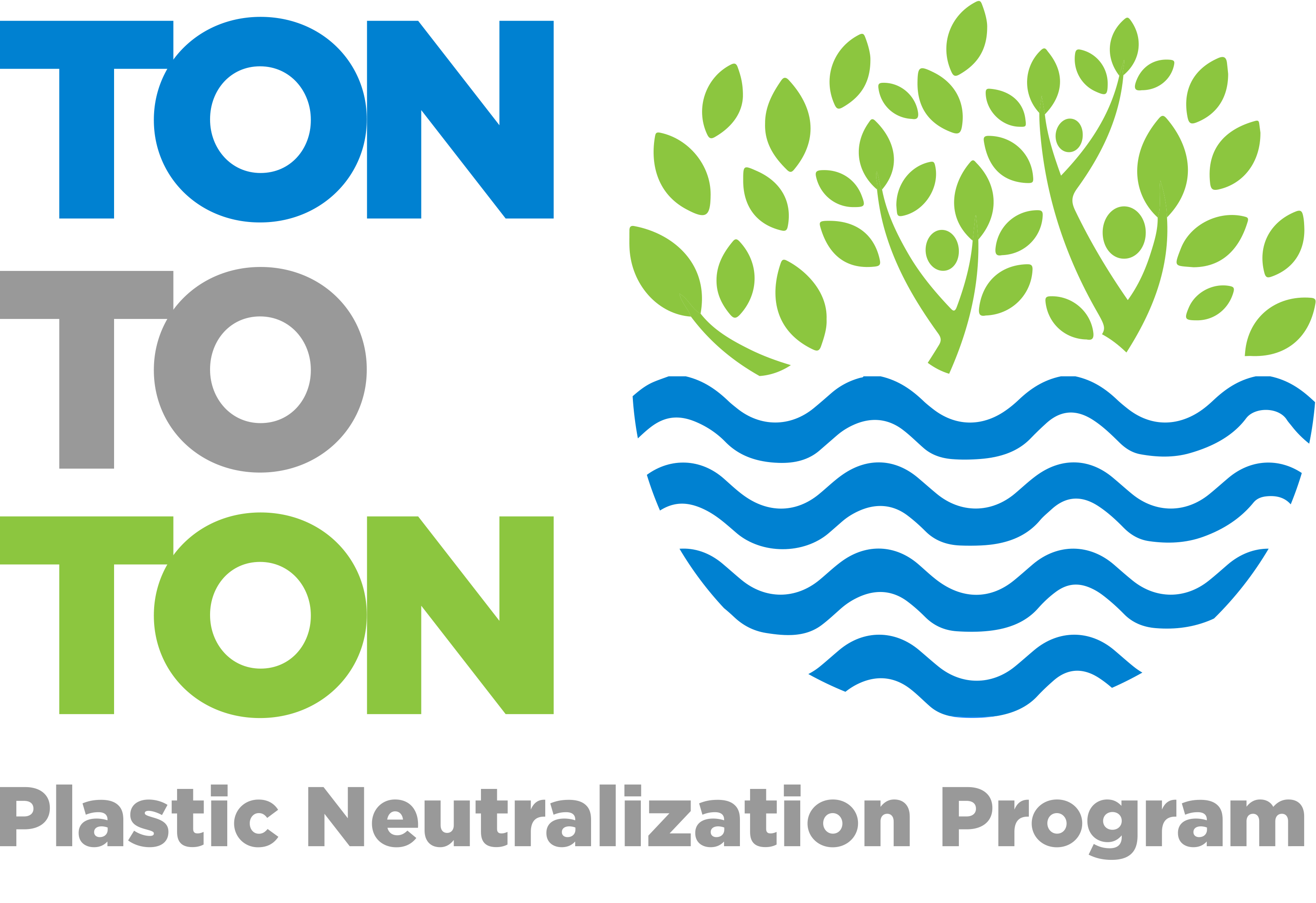TONTOTON Explains How to Manage Plastic Waste in a Socially Responsible Way
Industry: Environment
TONTOTON enables waste pickers to earn more money from the waste collection by paying them for non-recyclable plastic, that was not collected in the process.
Ho Chi Minh City, Vietnam (PRUnderground) May 11th, 2021
TONTOTON enables waste pickers to earn more money from the waste collection by paying them for non-recyclable plastic, that was not collected in the process.
Waste pickers all over the world make a living by collecting recyclable plastics and selling them. Because of this, we need to make sure our projects that are intended to protect the environment don’t inadvertently take income from waste pickers who desperately need it. In order to better understand how we can support waste pickers while still lessening our plastic footprint, here’s a brief look at the social impact of collecting plastic and what we can do to support waste pickers.
What is the social impact of collecting plastic?
When we talk about the social impact of collecting plastic, we’re talking about those who collect plastic for a living: waste pickers.
As we work toward plastic neutrality, we need to keep in mind that there are those who depend upon plastic waste in order to survive. We, as a world community, cannot forget these groups, and we must come up with ways to support them so that they can continue to finance themselves and their families in safe, reliable ways.
What are waste pickers?
Waste pickers are people who pick up recyclable plastics (whether ocean-bound plastics along shorelines and rivers, plastics found in dumpsters and garbage cans, or plastics in landfills) and sell them.
Although waste pickers are essential to plastic clean up and keeping plastics out of the ocean, they work in harsh, unprotected environments. They often lack support, and they are in desperate need of things like protective equipment, healthcare, and other basic needs.
Why is it important to support waste pickers?
Waste pickers are an essential part of preventing ocean plastic. Much of the plastic that they collect is ocean-bound, which means that, without their intervention, those plastics likely would have ended up in the sea.
Waste pickers also help to ensure that recyclable plastics that have been thrown away are properly processed. Just like waste pickers need recyclable plastics to survive, we need waste pickers to help save our oceans and environment and keep our world clear of plastic waste.
How can we support waste pickers?
At TONTOTON, we work hard to support waste pickers. We understand the importance of their work, and we seek to create a better work environment through providing PPE, healthcare, and ensuring fair compensation.
Why should your company care?
These days, it’s important for companies big and small to pay attention to their corporate social responsibility: the integration of social and environmental concerns within their practices. Your corporate social responsibility isn’t just the right thing to do, but it also shows your consumers that investing in your product means investing in social and environmental programs that will better the world.
As you seek to achieve plastic neutrality, pay attention to the programs that your plastic credits fund. These programs shouldn’t just sustainably process plastic waste; they should also support waste pickers and other groups and individuals who depend upon plastics to survive.
Choosing to purchase plastic credits through TONTOTON ensures just that. For more information about our social impact, click here.
About TONTOTON
TONTOTON is a plastic neutralization program that offers a sustainable and environmentally friendly solution to reduce ocean plastic, by rescuing plastic before it reaches the oceans. The program has the potential to help to make a significant change in plastic waste treatment in Vietnam and help reduce ocean-bound plastic. TONTOTON solution is the missing part of completing the recycling cycle on single-use plastic. Until now, only recyclable plastic was integrated into the recycling industry. The project builds personalized plans for companies to neutralize their plastic footprint, on the same concept as carbon footprint. It also collaborates with local communities to collect a predefined amount of ocean-bound plastic on behalf of companies, equivalent to their overall plastic consumption or a specific product. TONTOTON is now the first company worldwide certified under the Ocean Bound Plastic Neutrality Standard.






